Moon Knight's Marc Spector and Alters Explained | Screen Rant
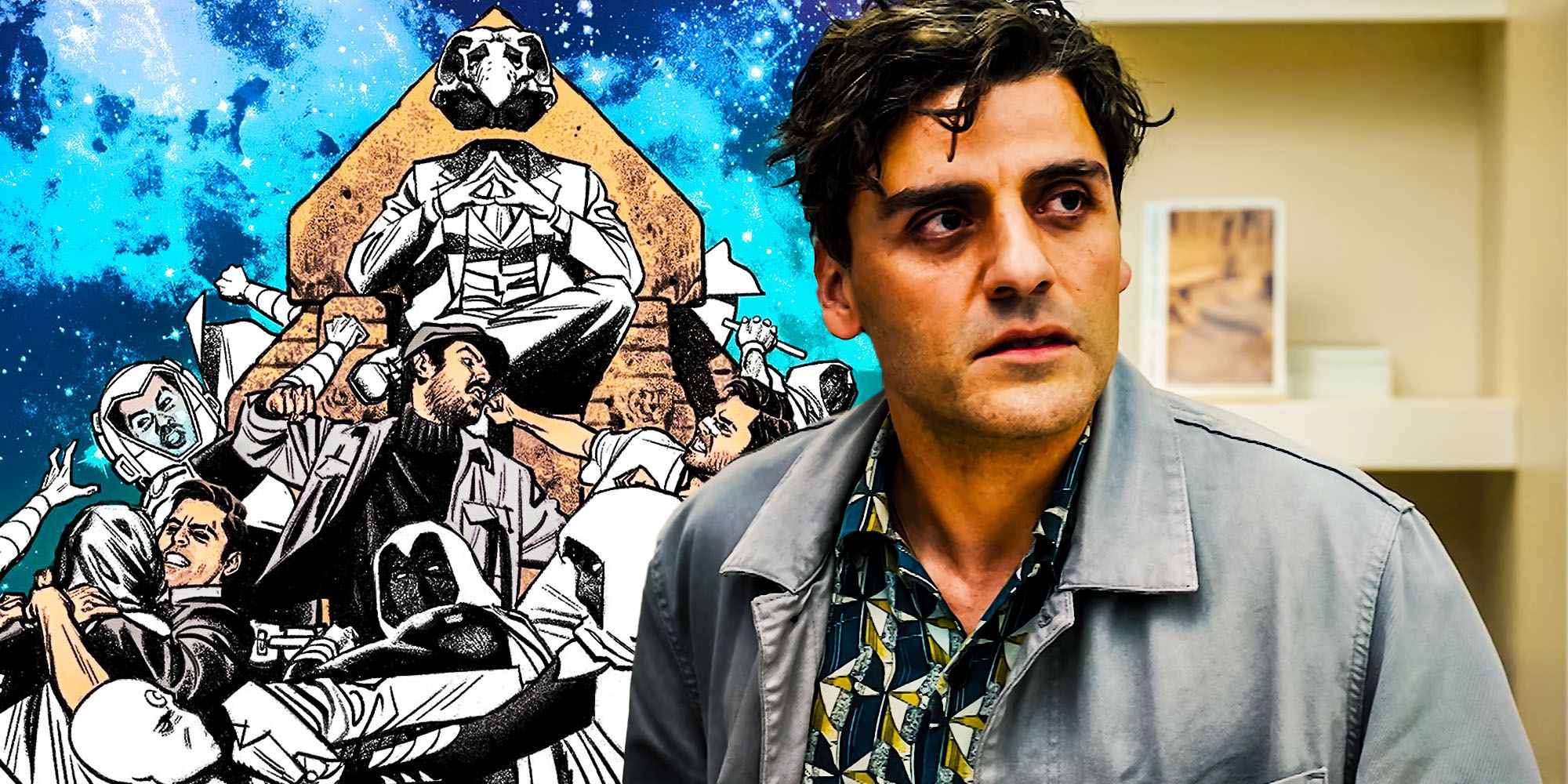
Marvel Studios' Disney+ TV show, Moon Knight, served as Marc Spector's MCU debut and explored five of Moon Knight's alters. The MCU series stars Oscar Isaac as Moon Knight, with Ethan Hawke playing Dr. Arthur Harrow, the main antagonist of the show. The Disney+ series covered Moon Knight's origin story and delved deep into the character's ties to Egyptian mythology, as well as Marc Spector's Dissociative Identity Disorder (DID).
Moon Knight is often compared to Batman, a comparison that does the Marvel character injustice by reducing him to a Bruce Wayne copycat. There are multiple aspects of Moon Knight's character that set him apart from the DC icon. For starters, Moon Knight actually possesses superhuman abilities that are tied to the lunar cycle of the moon, which is why Moon Knight operates mainly at night. Moon Knight's powers originate from the Egyptian moon god Khonshu, who imbued Marc Spector with a sliver of his power to serve as his priest. However, what sets Moon Knight apart from other comic book characters is that he lives with DID, a rarely portrayed condition that is also seen in Doom Patrol's Jane.
Marc Spector is only one of Moon Knight's alters that the character displays in the comics, each of which serves a different role to aid in Moon Knight's vigilantism. The most recent Moon Knight comic run confirmed the five different alters and elaborated on why these five characters came to be. In the source material, the vigilante can appear as Marc Spector, Steven Grant, Jake Lockley, Mr. Knight, or Moon Knight. Oscar Isaac flexes his acting muscles as he portrays these different alters in Moon Knight.
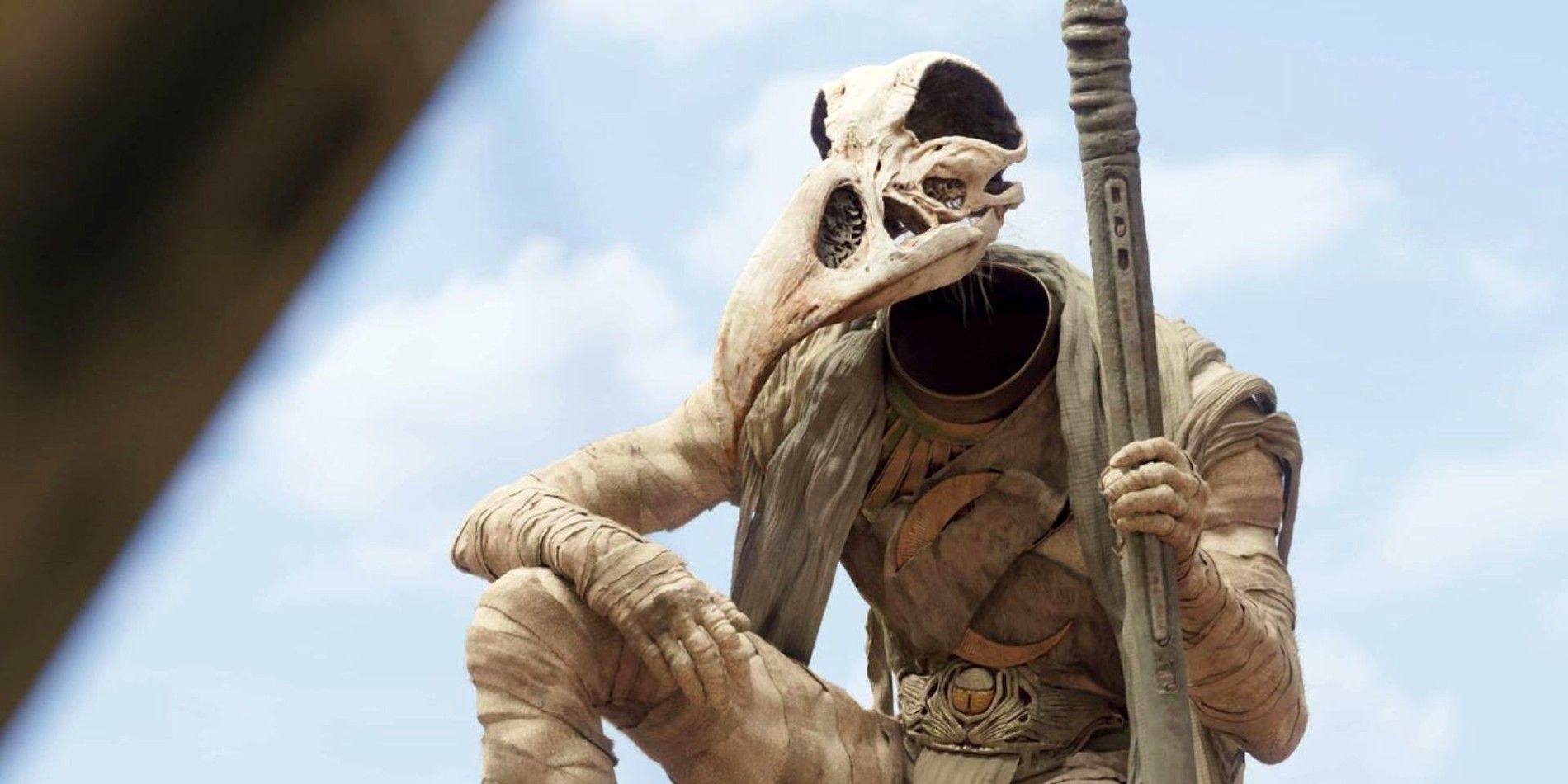
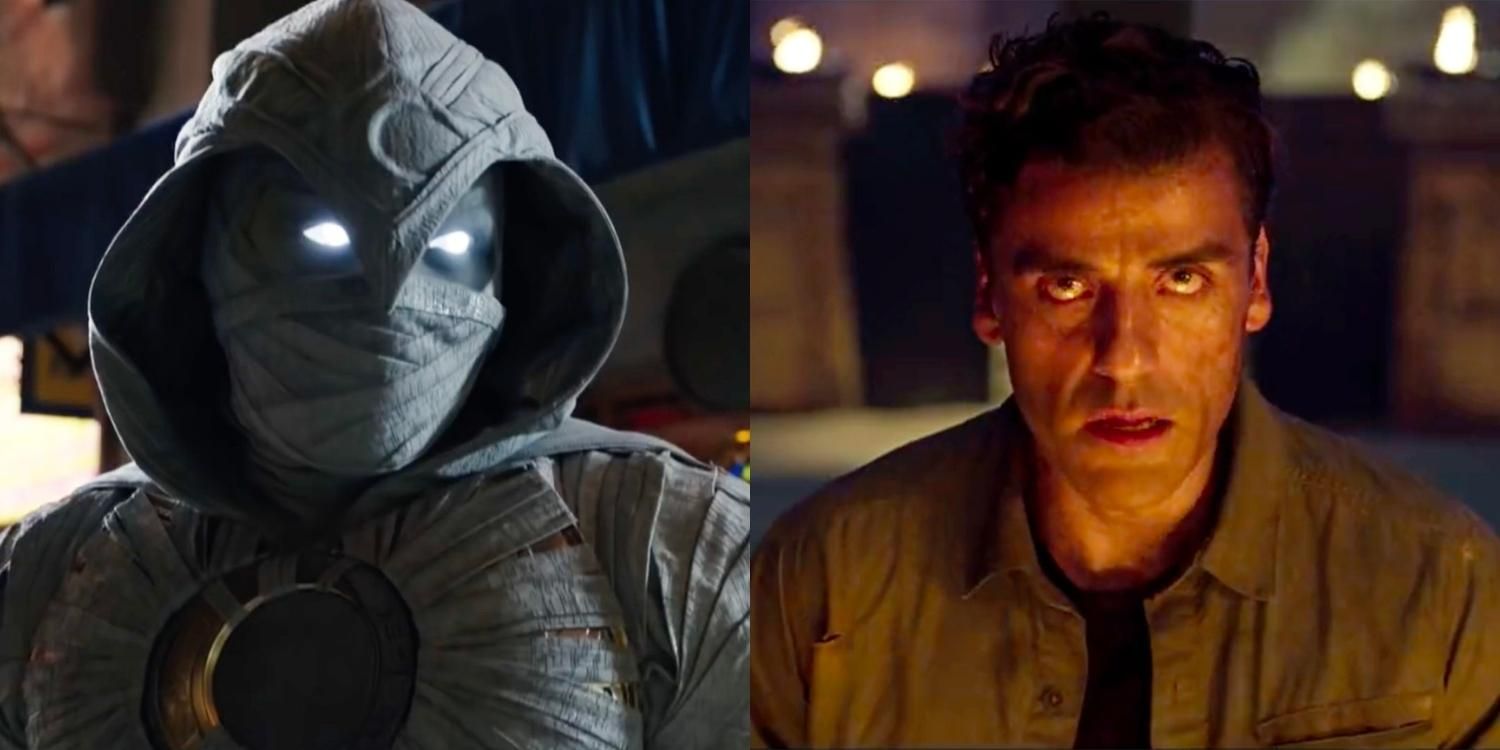
Marc Spector is the primary for the character. Spector was raised by a rabbi on the poor side of Chicago and grew up to become a Marine. After the military discovered his history of mental instability, he was dishonorably discharged and briefly joined the CIA. After leaving the CIA, Marc participated in illegal fights for money, which led him to become a mercenary. Using the skills he picked during his 3 years of service, Spector carried out assassinations and rescue missions across the African Continent (which became essential to Moon Knight's origin). On one of his missions as a gun for hire, Spector was ambushed by the villain Raul Bushman and was left for dead in the Egyptian desert. Gravely injured, Marc Spector managed to reach the tomb of Khonshu, the Egyptian moon god, where he seemingly died at the feet of a statue of the deity. Spector's spirit encountered the moon god in the ethereal plane, where Khonshu offered to save Marc's life in exchange for his eternal service as his high priest, to which Spector agreed.
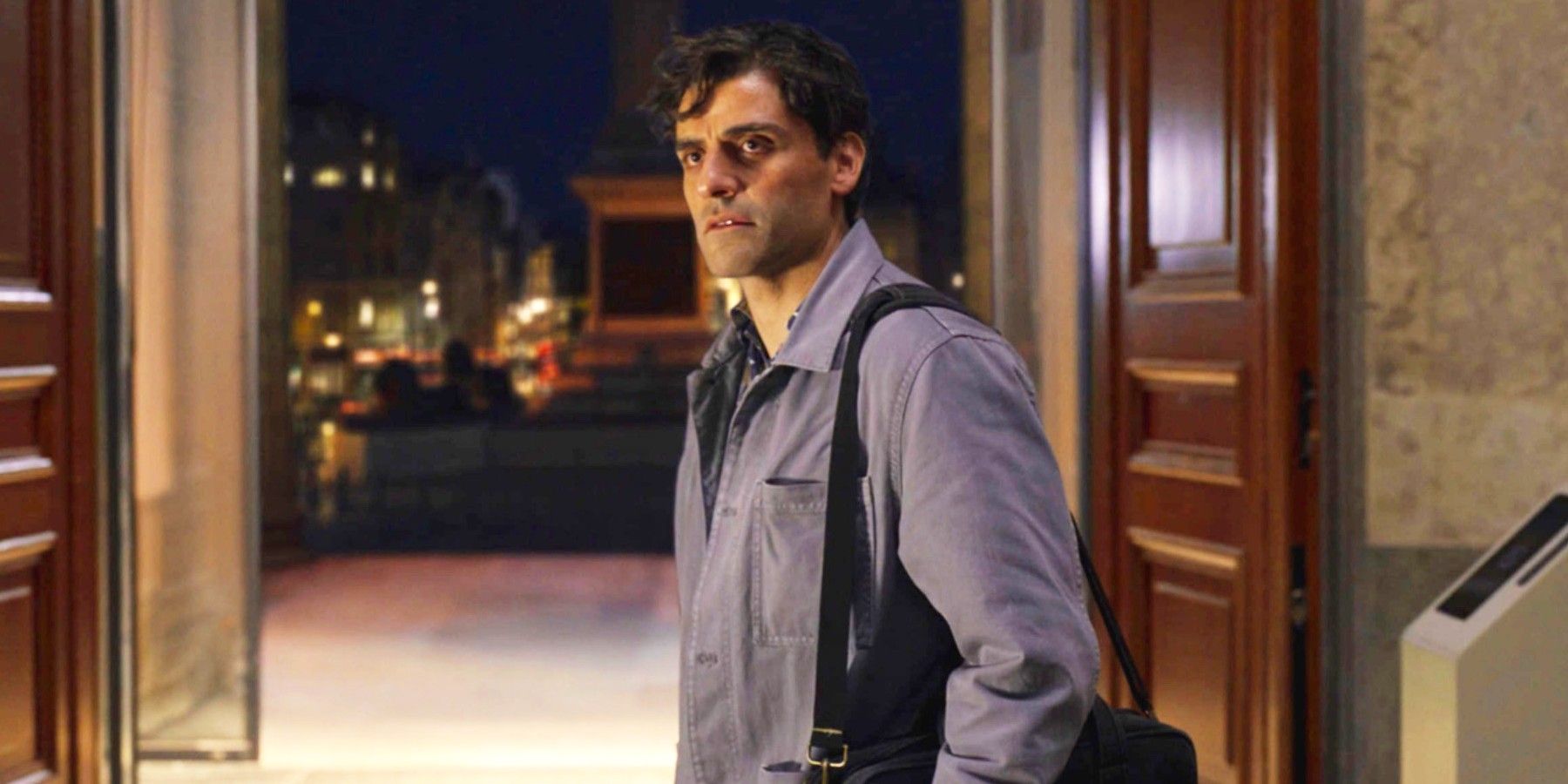
Steven Grant was the first alter to manifest, first appearing to Marc as a friend when he was a boy. In the comics Steven Grant is a millionaire who funds Moon Knight's crime-fighting adventures and is the reason Moon Knight can afford all of his gadgets and weaponry. Grant gained this fortune by taking Marc's savings and using it to play Wall Street. In more recent issues, Grant used his fortune to launch a movie studio to grow his fortune. Steven Grant is a public figure with a breadth of wealthy connections, the complete opposite of Spector's other alter, Jake Lockley.
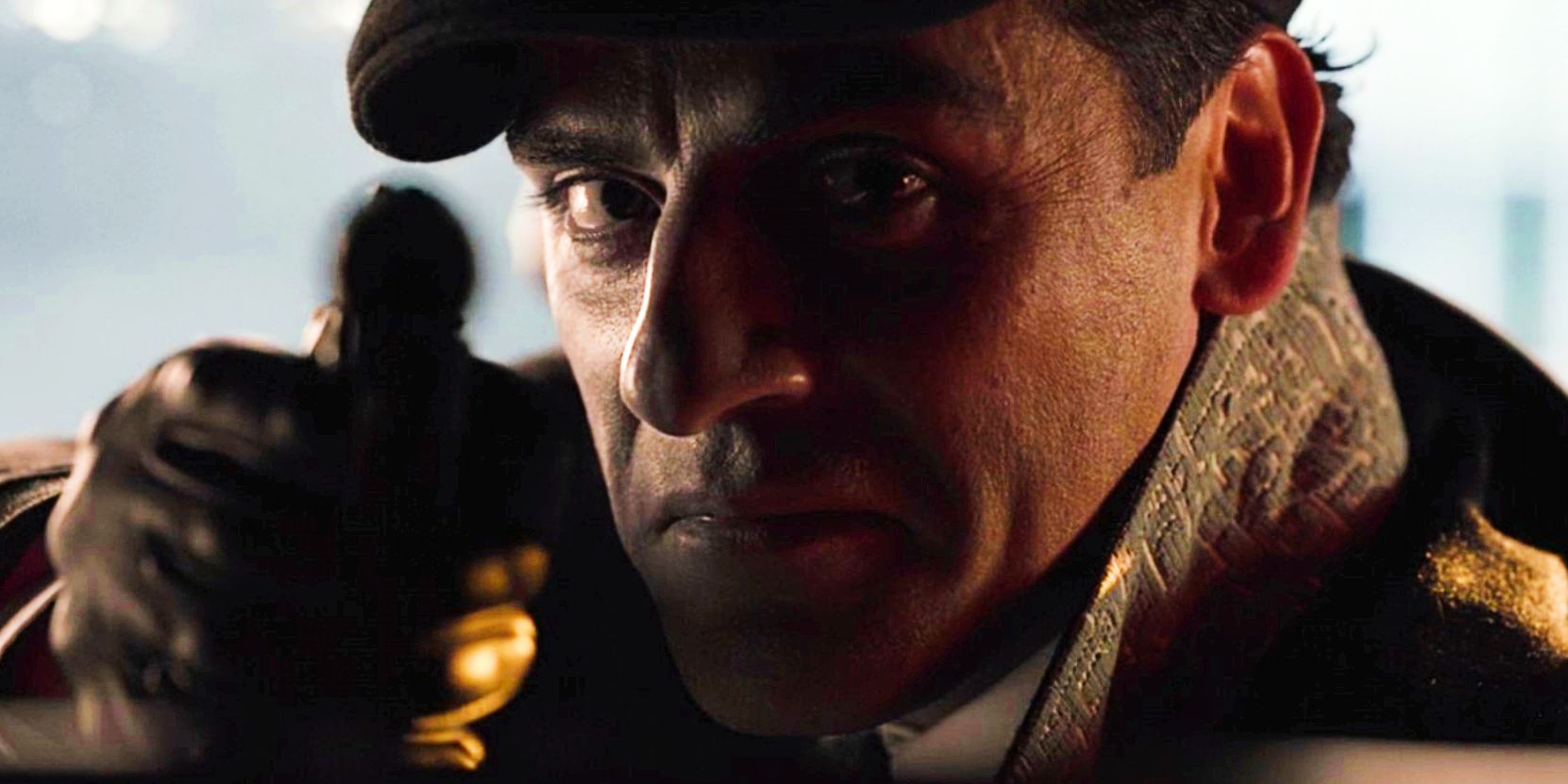
Jake Lockley, the second alter to manifest, is a cab driver in New York City. Lockley is street-smart, he keeps his ears to the ground and communicates with criminals and informants. He is essentially Moon Knight's private eye since the information he uncovers is essential to Moon Knight's vigilante efforts. Throughout Moon Knight's violent crime-fighting career Lockley managed to create a network of informants, including characters like Bertrand Crawley, Gena Landers, and her two sons, Ricky and Ray, all of which became very close friends of Spector.
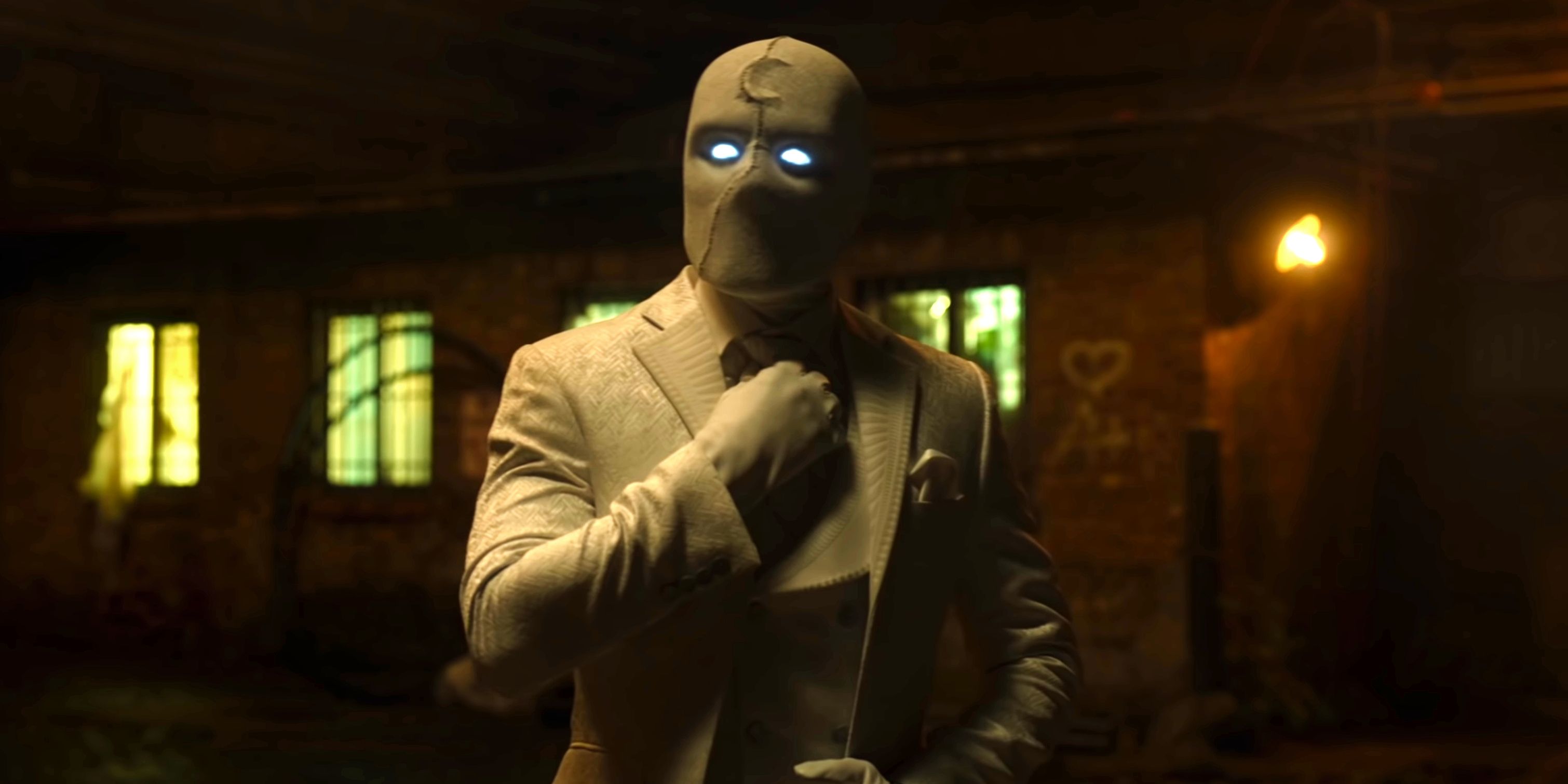
Mr. Knight is Spector's newest alter. Mr. Knight is the alter that usually converses with Marc's psychiatrist and civilians seeking help. Mr. Knight quickly became a fan favorite version of the character, probably due to his unique fashion sense. Mr. Knight always wears a crisp, all-white bespoke suit with a white shirt, white tie, and white shoes. He also wears white gloves and a white mask with the outline of a crescent moon on his forehead.
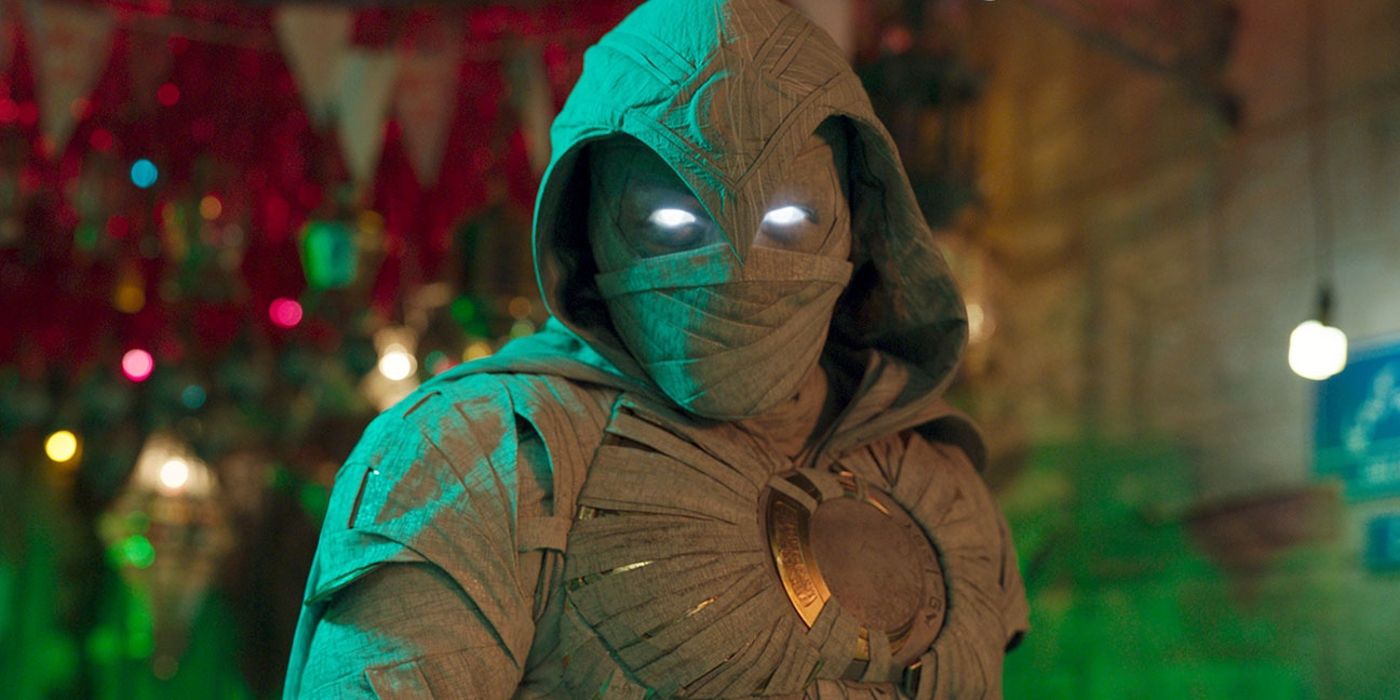
Contrary to popular belief, Moon Knight is not an alter-ego of Marc Spector, rather, he's his own individual alter. Moon Knight is the fist of Khonshu and his high priest and is sworn to do his bidding for eternity. Moon Knight is known for his iconic white suit and cowl, which he wears to ensure that his opponents see him coming. The sliver of Khonshu's power imbued within Marc Spector is the reason for Moon Knight's powers and abilities. The hero's powers are varied and include superhuman strength, speed, and durability, as well as lunar strength, which makes him significantly more powerful at night under the moonlight, especially on full moons.
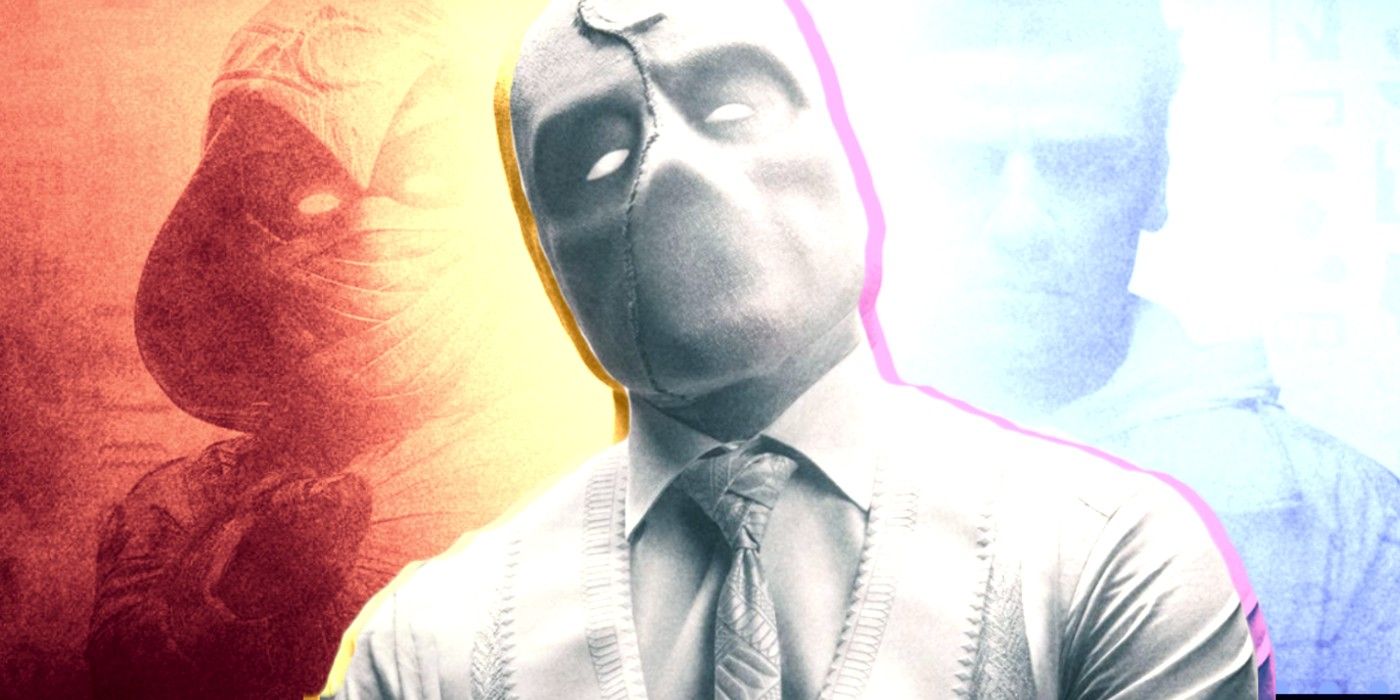
Moon Knight episode 5, Asylum, showed why Marc created the Steven Grant alter, opening up discussion about the sensitivity of the show's DID representation. It's an in-depth look at Marc's history and how the timid Steven emerged as a response to childhood trauma. The Steven Grant of the show is markedly different than the Moon Knight comics' Steven Grant. The relationship between the show's Marc and Steven is explored through the lens of shared trauma more deeply than their comic counterparts, and the refocusing on DID as a real-life mental health concern instead of a narrative gimmick is more effective for underpinning the change in Steven's character.
DID is a widely misunderstood condition, and director Mohamed Diab didn't aim for medical accuracy. Its symptoms vary so much case by case that there's no single definitive DID experience beyond living as a system that involves one or more alters sharing a body – how many DID folk self-identify. However, sensitivity and respect for DID were essential to Moon Knight director Diab. Steven is never treated as simply a voice in Marc's head, as an invader, or as an unwanted presence. The two have a genuine relationship shaped by their shared trauma: the death of Marc's brother Randall and the abuse-filled emotional aftermath which led to Steven's creation.
This is further hammered home when Marc regrets not bringing Steven with him into the Field of Reeds in Episode 6. Steven isn't a symptom to be treated as far as Marc's concerned. He's a person in his own right, one Marc cares about. They just happen to share a body. However, Marvel's good intentions may not have translated to the intended results. Opinion from the DID community is divided. While some are praised Moon Knight's handling of DID, some professionals and DID systems have voiced ethical concerns, feeling it still falls into the trap of fictionalizing DID for entertainment.
Moon Knight is one of the darker Marvel characters whether on the page or on screen. The character's brutal nature, coupled with the complexity brought about by his DID, makes him distinctive. With the introduction of Jake Lockley confirmed in the season one finale, it's likely we'll see Moon Knight's Dissociative Identity Disorder explored in more detail if there's a season 2. Even if the Disney+ limited series isn't renewed beyond its planned 6 episode run, Moon Knight has definitely opened up conversations about DID and how alters can be portrayed as something other than poorly-understood narrative devices.
Source: Screenrant
Post a Comment